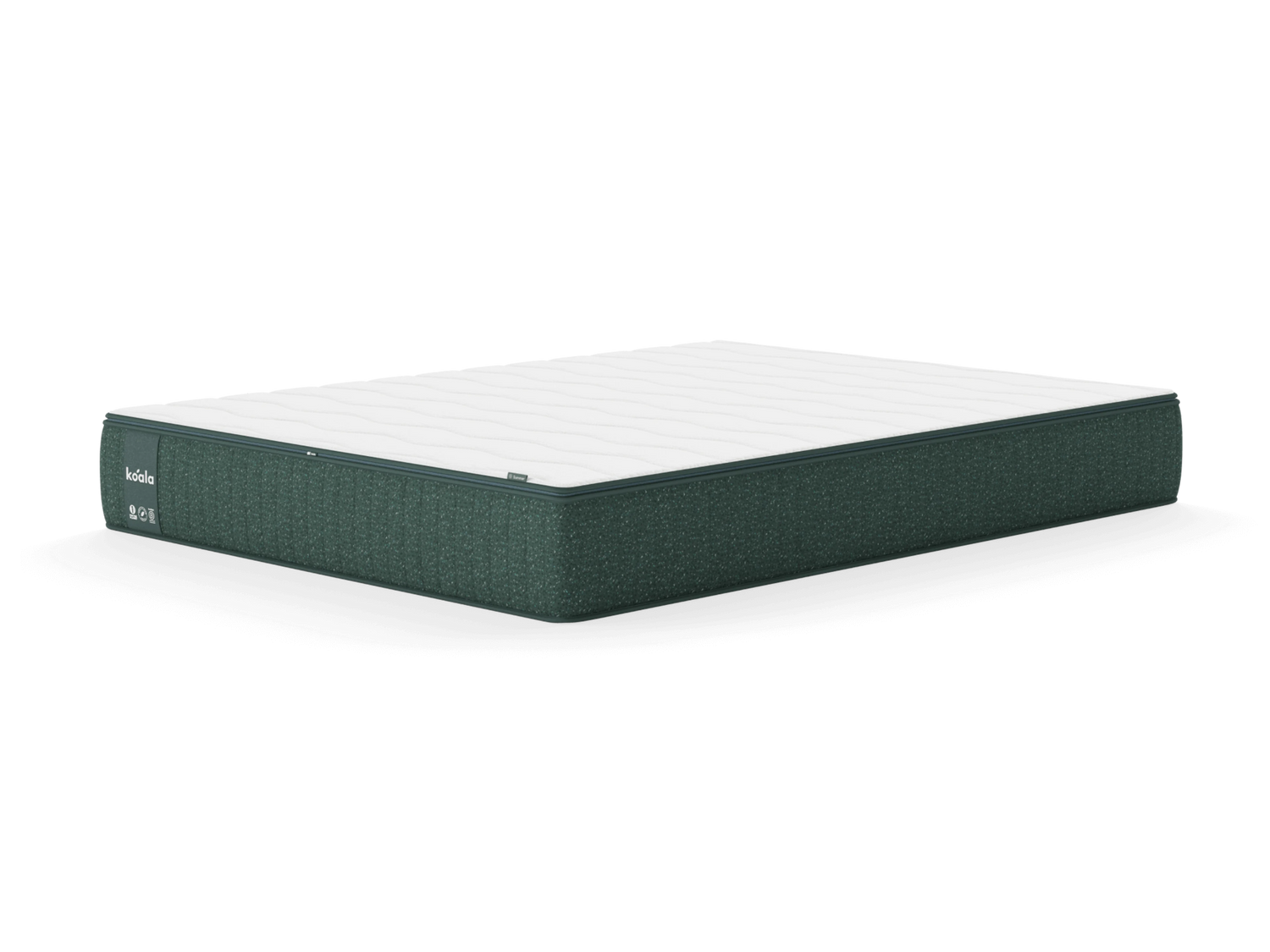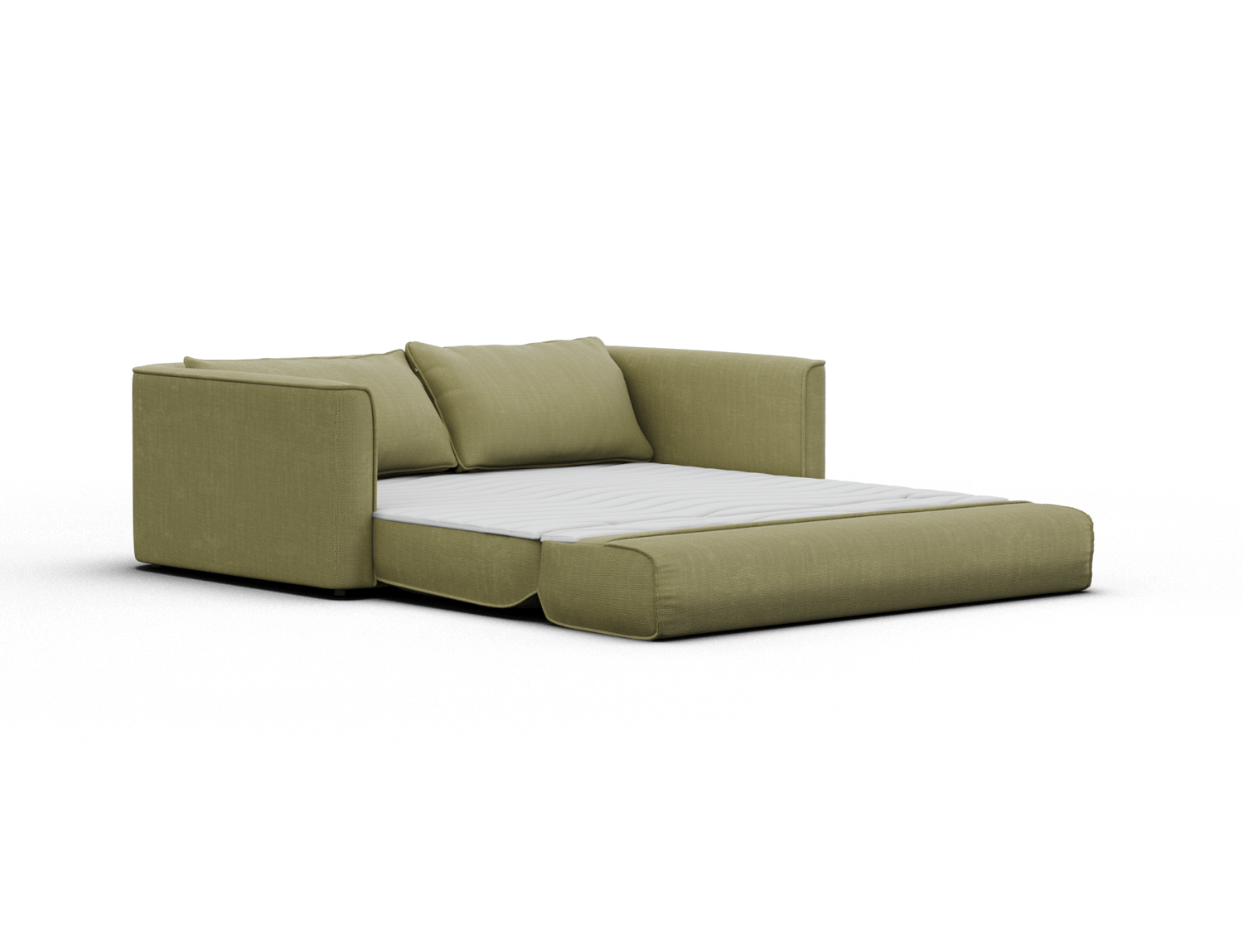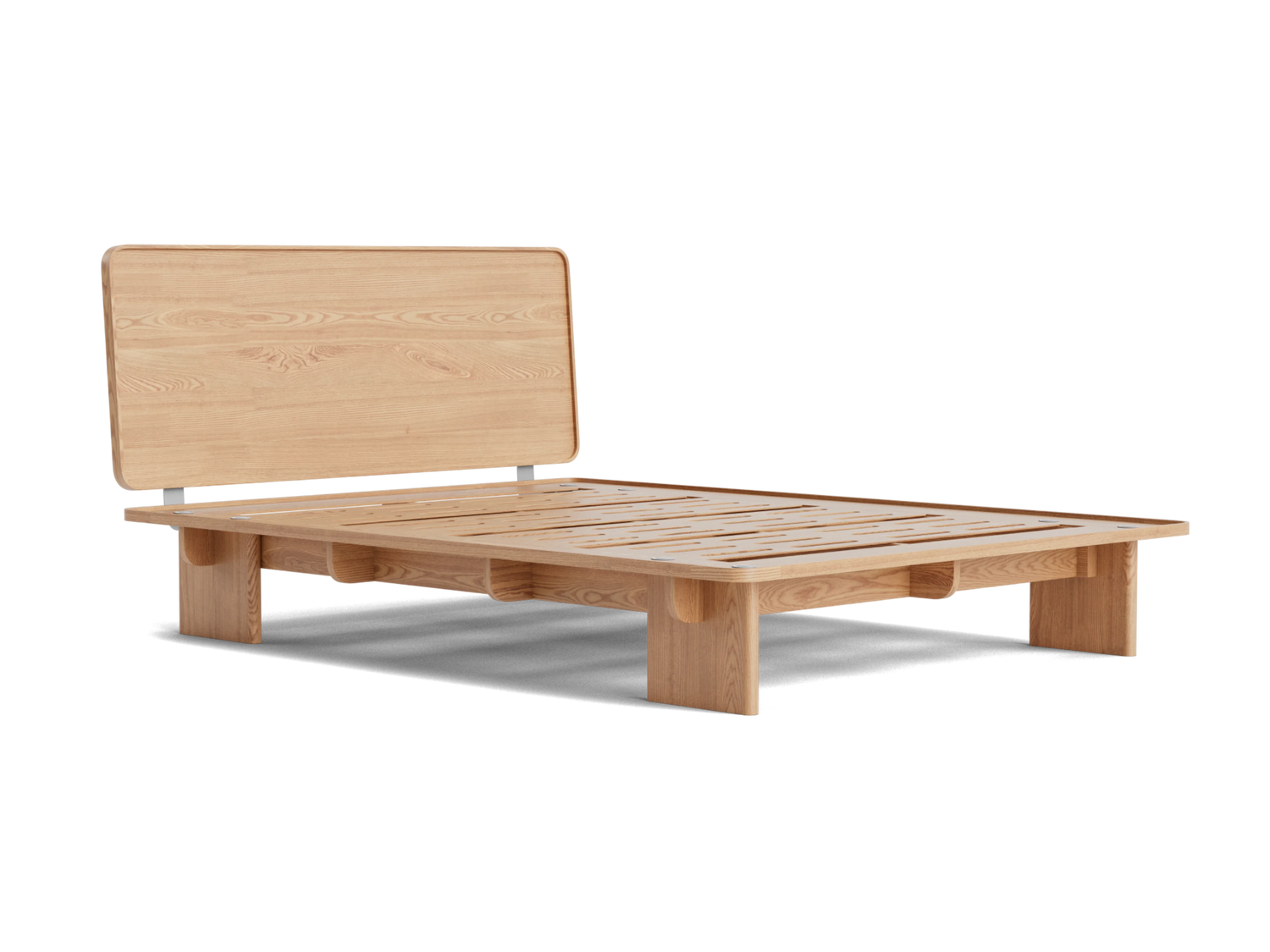
Neurodiverse and ADHD bedtime routines
Share
We’re always on the hunt for tips and tricks on how to sleep. The best bedtime routines for adults almost always include the same things: turning down the lights, sitting down with a mug of herbal tea and putting a cap on late-night scrolling.
We all know what’s good for us — even if we don’t always stick to it. But for those of us who’ve given it a go, we know that having a bedtime routine can work wonders.
If you or your child has a neurodiverse condition, you’ll know that bedtime can be a bit of a struggle. That’s why it’s more important than ever to have a bedtime routine in place to really support a good night’s sleep.
So, what can you do to make drifting into a peaceful slumber that little bit easier? We asked sleep and clinical psychologist Andrew Mair to help shed some light on sleep disturbances and about ways to create a calm atmosphere before settling into bed.
 Whatever routine you choose for winding down to bed, you’ll also need a super comfy mattress and great bedding, which is where we come in
Whatever routine you choose for winding down to bed, you’ll also need a super comfy mattress and great bedding, which is where we come in
Bedtime routines are really important
Giving yourself plenty of time to wind down is going to be key to getting some good sleep. “Sleep disturbances are much more prevalent in people — including children — with neurodiverse conditions,” explains Andrew. “Things like autism spectrum disorder and ADHD. “With ADHD especially, we know that there’s an underlying neurological vulnerability that makes it even harder to fall asleep. “So that’s why it’s even more important to have positive associations with those cues — the stimulus of the bed and the bedroom. If going to bed becomes something that’s associated with a negative experience, it becomes a perpetuation. “So looking at those patterns and having those routines that promote calmness and quietness are going to be vital.” We know you probably know most of this stuff already, but we’ve added a couple of extra tips to give you the best chance of getting a good night’s rest.Bedtime routine for ADHD adults
🌙 Take a warm shower or bath. 🌙 Soothe yourself with a warm drink. 🌙 Turn down the lights. 🌙 Get some cosy sheets and pillows for extra comfort. 🌙 Avoid stimulants like alcohol and caffeine before bed. 🌙 Allow plenty of wind-down time. 🌙 Set yourself realistic expectations. It could take longer to get to sleep, and that’s okay. If you’re a parent with a child who’s neurodiverse and doesn’t like going to sleep, Andrew has some words of advice. “If you’re anticipating that it’s going to be difficult, it probably will be. Being able to stay calm while you're putting those bedtime routine strategies in place is really important. “Realistically, their bedtime routine is likely to take longer and perhaps be a bit more volatile. Being okay with that and trying to not feel too anxious about it will help.” Whatever routine you choose for winding down to bed, you’ll also need a super comfy mattress and great bedding, which is where we come in
Whatever routine you choose for winding down to bed, you’ll also need a super comfy mattress and great bedding, which is where we come in


